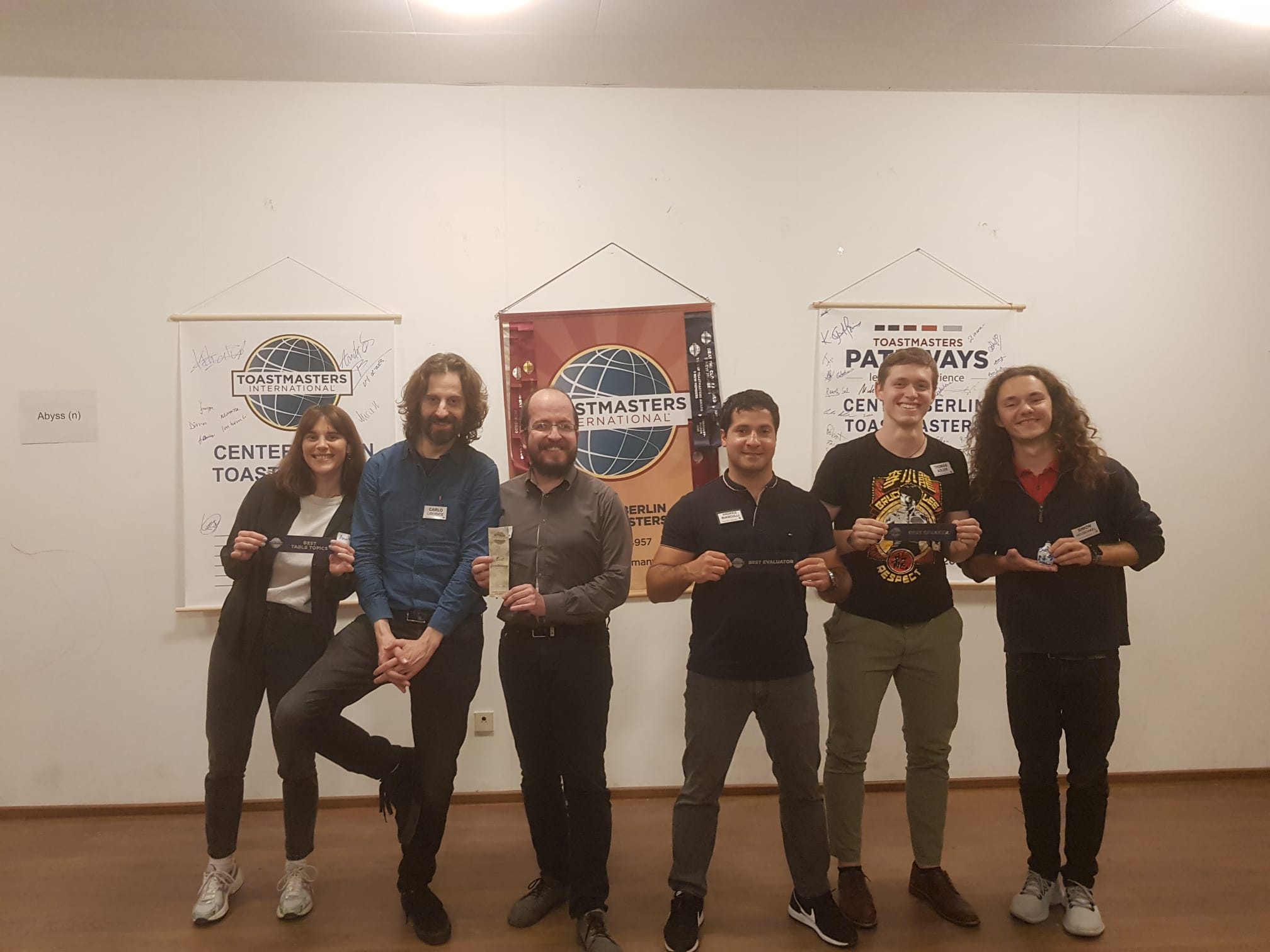The Fragrant Opium Harbour 🇭🇰
Published:

Instructions
2-1 Know your Sense of Humor
This project focuses on understanding what makes you laugh and how to share that with an audience.
Purpose: The purpose of this project is to begin developing a collection of humorous stories and to present a speech that includes humor.
Overview: Give a 5- to 7-minute speech on a topic of your choosing. Your speech should include at least one anecdote or story intended to entertain or bring humor into your presentation.
Speech timings: 5:00, 6:00, 7:00
Script
Do you know what this bottle is? Can you guess? I grew up in Hong Kong, a small island just off the southern coast of china. Its size is around two times the size of Grunewald, and translates to fragrant harbour in chinese. And this bottle represents the reason why this city is so unique and important. The importance of the city is hard to overstate:
- one of the world’s biggest container ports, 2 and a half times the freight handled by the port of Hamburg
- one of the most visited airports, 4 times more passengers than Berlin
- one of the largest financial centres, HK Stock Exchange has a market cap that is 3 times that of the Frankfurt Stock Exchange
And all of this is because of a British drug lord. Forget Escobar and his hippos, Al Capone or your favourite stoned Jamaican. This drug lord corrupted a whole country, made two of the biggest superpowers go to war and founded one of the most successful cities in the world.
His name was William Jardine: he was a Scottish surgeon, born during the expansion of the British Empire, at the turn of the 18th century. He was sick of haggis, and enrolled in the British East India Company, looking for great massages, scuba diving resorts, but most importantly money. From there on, Jardine set up his own high growth marketplace startup in the lucrative Opium trade.
One country the British and Jardine were trading Opium with was China. China had been closed to trade and the outside world since the 15th century. The Qing dynasty did not need or want to trade, but the British just found out about afternoon tea (time) and couldn’t get enough of tea leaves, porcelain and silk. The Chinese only accepted silver as a means of payment, and this quickly bankrupted the British. So they found a sneaky alternative. They would sell Opium, which they grew in British Bengal, to rebalance the ABYSS that was their trade deficit. This snuff bottle represents this trade between the British and the Chinese: on one side the chinese porcelain and on the other the tobacco or opium contained in it, sold by the British.
The Chinese Emperor hated the Opium trade. It created a generation of addicts which tanked the country’s productivity and encouraged corruption. It quickly got banned, but Jardine and other merchants kept their activities going through an intricate system of loopholes and bribes. Pirates, merchants and smugglers used Macao, Hong Kong and neighbouring islands as a gateway to Canton, or Guangzhou.
Through these trades, Jardine became the most powerful and influential Tai Pan: what rich foreign businessmen in the South of China were called. But, in 1839, the Chinese Emperor decided to end the illegal opium trade for good and confiscated and destroyed 20 ‘000 chests of Opium! This would be enough to get the whole of Berlin high for ages!
Since most imperial powers are quite susceptible, just ask Winnie the Pooh and the Chinese, the British didn’t take this affront lightly. Jardine convinced the British Foreign Minister to go to war with China: the war was quick and one-sided and the treaty of Nanjing was imposed on China. Among other things (indemnities, extraterritoriality) 5 Chinese ports were opened for trade, and most importantly for our story, Hong Kong island was ceded to the British. This was because it was a deep sea port and was perfect for large ships to dock. What is crazy is that it was Jardine, who convinced the British to start the war, helped them with their military strategy and chose himself which island was to be ceded. He was much more than just a simple merchant!
As the opium trade was legal again, Jardine’s operations flourished. He was one of the first foreigners to set foot in Hong Kong, home to around 7’000 fishermen, pirates and quarry workers and started building it as one of the most important trading posts in the world. Jardine and his conglomerate became an integral part of Hong Kong. From the silk and weaving industries, to ice-making factories, the banking sector and the transport system. The company was everywhere in the city!
This proximity to China and its strategic trading location is how Hong Kong came to be the bustling metropolis it is today. As a tiny British colony next to the Chinese behemoth, Hong Kong developed as China did, as a gateway to the Middle Kingdom.
Today, Jardine is the 2nd largest employer in Hong Kong, second only to the government. If Jardine was in Berlin, they would own nearly all spätis and apothekes, they would own Vonovia as well as Lidl, Aldi, Rewe and Netto. In Hong Kong, they are the largest property developer and the biggest landlord in the business district.
Subway stops, roads, buildings and mountains are all named after him. The head of the Jardine company was even an unofficial member of the legislative council for a long time. My favourite anecdote though is about their headquarters, which is a tall skyscraper with thousands of round windows. Locals refer to it as the building of 1’000 assholes.
Jardine’s story shows how modern day Hong Kong was born from the illegal opium trade. While growing up there, I could feel that the city was still shaped by this attitude of making money at all cost, sometimes clouding people’s moral judgements. Including my parents, who would’ve thought! Just simple, humble Swiss bankers!
I think it’s important to understand why this incredible city of Hong Kong is the way it is now, and how it’s been shaped, so we can appreciate its beauty and uniqueness, while recognising certain immoral patches of its history. So, I invite you to come and get high with me in Hong Kong!
